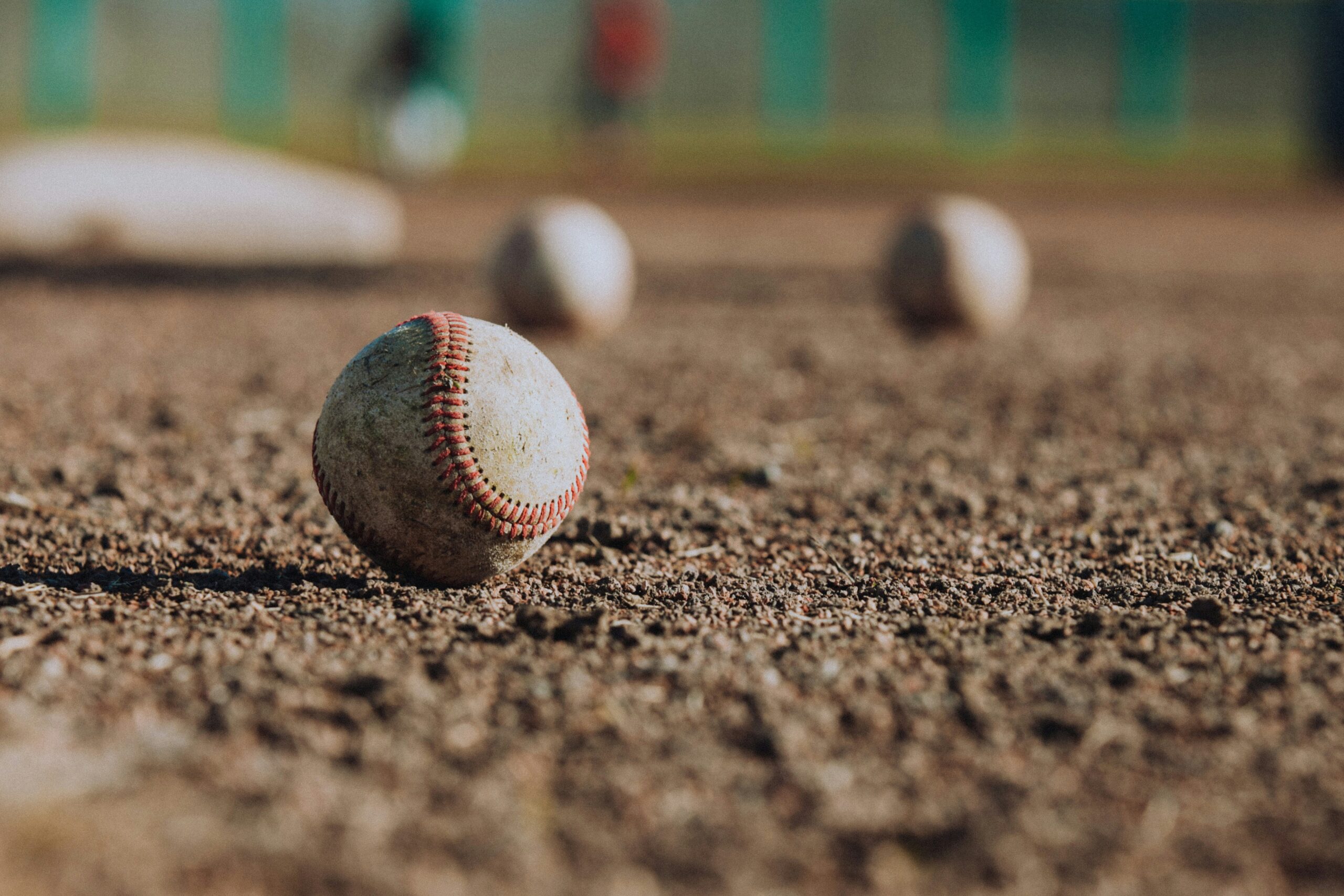Mental preparation separates average high school players from those who consistently perform under pressure. Most athletes spend hours on their swing, throwing mechanics, or strength training, but few take time to train their minds. When the game is on the line, your mental approach often determines the outcome.
This guide breaks down practical ways to improve mental focus and game-day consistency. These techniques are simple, repeatable, and don’t require extra equipment. Regular practice helps players stay focused, recover from mistakes quickly, and perform consistently.
Build a Pre-Game Routine
Your mental game starts well before the first pitch. A solid pre-game routine calms nerves and sharpens focus. It doesn’t need to be complicated – consistency matters most.
Set aside 5-10 quiet minutes before warmups. Review your responsibilities in the lineup, take deep breaths to center yourself, or mentally rehearse key situations. Some players listen to the same playlist or discuss strategy with a coach. These steady routines signal your brain that it’s time to compete.
Before every game, pick one or two small, controllable goals:
- “See the first pitch in every at-bat”
- “Reset completely between plays”
- “Stay positive after mistakes”
These targets narrow your focus and prevent distraction from things you can’t control.
Stay Focused During Games
It’s easy to lose focus after a long inning, strikeout, or bad call. The ability to reset quickly and stay present separates dependable players from inconsistent ones.
Develop a personal reset cue – something small like adjusting your hat, brushing dirt off cleats, or taking one deep breath before every pitch. These actions create rhythm and keep your attention from drifting.
Control your reactions to things outside your influence. You can’t change the umpire’s strike zone or undo an error, but you can control your body language, breathing, and preparation for the next play. The best players focus on the job ahead, not the one behind them.
Between innings, use a simple 30-second routine: take three deep breaths, remind yourself of your role for the upcoming half-inning, and visualize making a good play or getting a good swing.
Handle Pressure and Bounce Back From Mistakes
Even elite players fail more than they succeed in baseball. Strikeouts, errors, and missed opportunities are part of the game. The challenge isn’t avoiding mistakes but moving past them quickly.
Mentally tough players have short memories. Give yourself exactly 10 seconds to feel frustrated, then breathe, regroup, and shift focus to what you can do next. Dwelling on mistakes only increases the chance they’ll affect your next play.
Your inner voice matters during pressure moments. If you catch yourself thinking “don’t strike out” or “don’t mess up,” stop immediately. Replace negative thoughts with productive, simple cues:
- “Stay balanced”
- “See the ball clearly”
- “Compete on this pitch”
View pressure as normal, not threatening. Every good player faces high-stakes situations. Learning to see pressure as an opportunity to show what you’ve practiced helps you stay relaxed and confident.
Train Your Mental Skills Daily
Mental preparation requires regular practice, just like hitting or fielding. You can’t expect to be mentally tough in games if you never work on it during practice.
Spend 5 minutes daily on visualization. Picture specific scenarios: fielding a tough grounder, getting a clutch hit, or making a diving catch. Include every detail – how it looks, feels, and sounds. The more realistic it feels mentally, the more prepared you’ll be when it happens.
Practice controlled breathing during regular activities. Use it between classes, before tests, or while doing homework. This makes it automatic when you need it during games – between pitches, in the batter’s box, or after difficult plays.
After each game, take 5 minutes to reflect:
- Write down two things that went well mentally
- Note one mental area to improve
- Plan how you’ll work on that area before the next game
This builds self-awareness and gives you concrete improvement targets.
Conclusion
A strong mental game comes from consistent daily habits, not motivational speeches or trying harder in big moments. Simple routines (focused pregame preparation, in-game resets, healthy responses to pressure, and regular reflection) build mental toughness over time.
These habits don’t require special talent – just commitment and honesty about your mental approach. Players who train their minds along with their bodies don’t just perform better, they play with more confidence and consistency throughout the season.
Athletes Untapped
Need help developing your mental approach to baseball? Athletes Untapped connects high school players with experienced coaches who focus on both physical skills and mental preparation. Looking for more training resources? Check out our guide on youth pitching mechanics or find the right coach for your specific goals.




